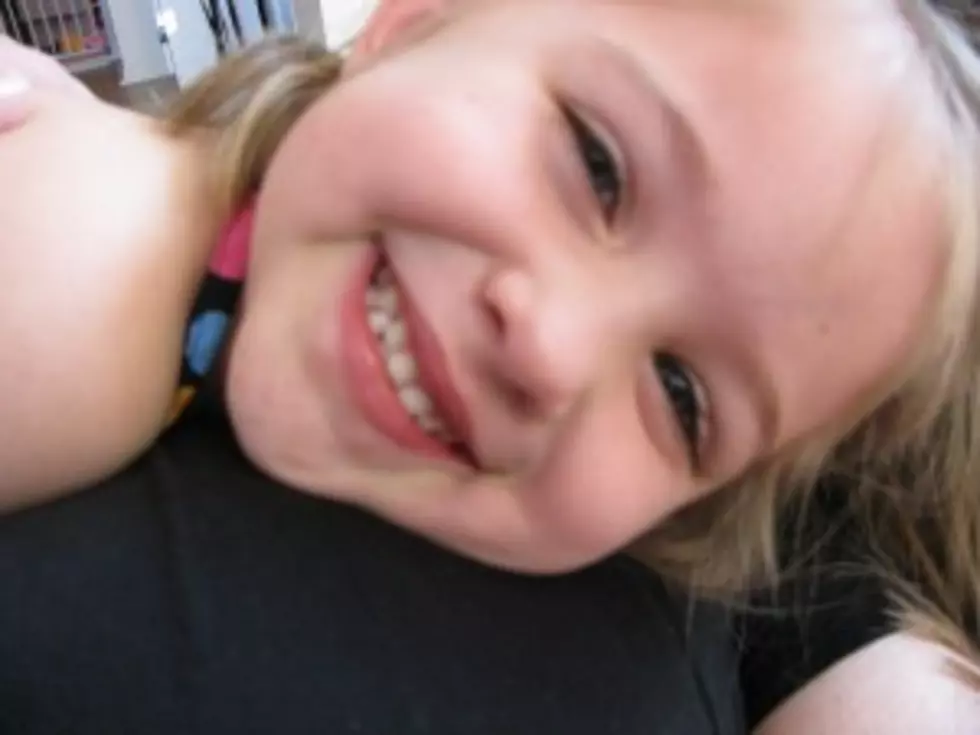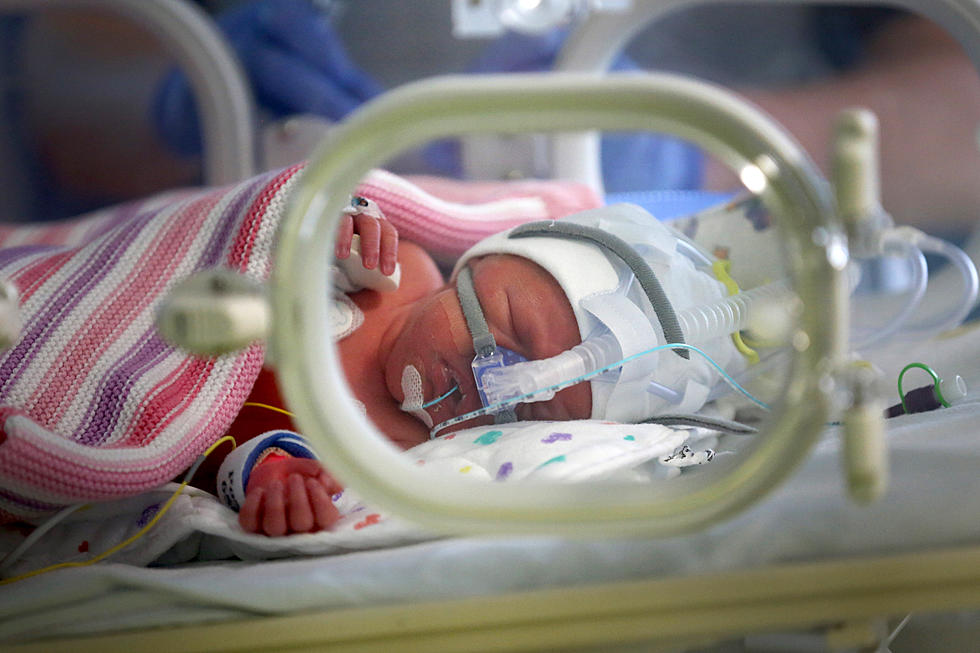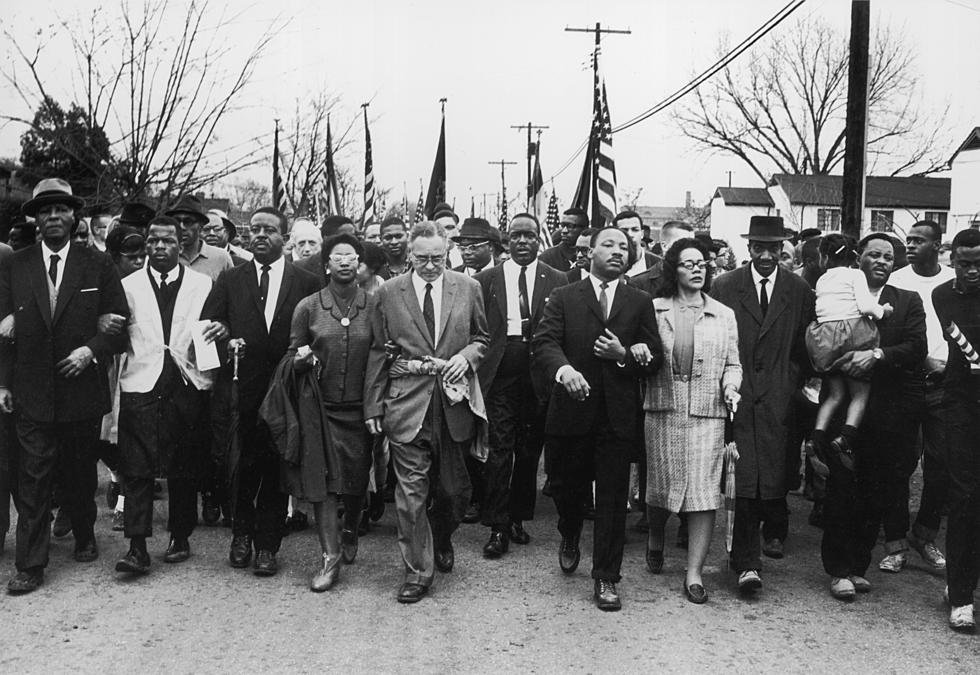
Talking To Your Kids About Tragedies and Scary Stuff -Motherhood Without Warning
There has been so many horrific events lately. The media and specifically TV news dissects and repeats every single detail, many of which are very graphic, it's hard to figure out how to explain these things to ourselves, but even harder to figure out how to explain it to our kids. My 4 year-old caught just a little glimpse of the Boston Marathon Explosions and nervously asked me "why are those people running? Is that smoke?" I explained that there was an explosion at a race where people were running and unfortunately some people got hurt. Then I turned the TV off. That worked this time, but as she gets older, I want to be more prepared. A great quote from Mr. Rogers surfaced after the Sandy Hook Elementary shooting, it goes like this:
"When I was a boy and I would see scary things in the news, my mother would say to me, "Look for the helpers. You will always find people who are helping." To this day, especially in times of "disaster," I remember my mother's words and I am always comforted by realizing that there are still so many helpers – so many caring people in this world."
This is certainly a great way to detract from the devastation and fear in such events. I also found a great article Brene Brown put together on the same subject. She shared a link from Hospice for "Talking To Children About Death". It has some great advice including the following information on the developmental stages of understanding death:
Developmental Stages
Studies show that children go through a series of stages in their understanding of death. For example, preschool children usually see death as reversible, temporary, and impersonal. Watching cartoon characters on television miraculously rise up whole again after having been crushed or blown apart tends to reinforce this notion.Between the ages of five and nine, most children are beginning to realize that death is final and that all living things die, but still they do not see death as personal. They harbor the idea that somehow they can escape through their own ingenuity and efforts. During this stage, children also tend to personify death. They may associate death with a skeleton or the angel of death, and some children have nightmares about them.
From nine or ten through adolescence, children begin to comprehend fully that death is irreversible, that all living things die, and that they too will die some day. Some begin to work on developing philosophical views of life and death. Teenagers, especially, often become intrigued with seeking the meaning of life. Some youngsters react to their fear of death by taking unnecessary chances with their lives. In confronting death, they are trying to overcome their fears by confirming their “control” over mortality.
These are the moments in parenting that can be really tough.I don't like admitting such bad things happen.
Want more Motherhood Without Warning? Click Here.
My name is Kama and I'm a Mom...and that just freaks me out sometimes. I'm a bunch of other things that used to seem really important, but somehow being a Mom blurs those other things into mush. I have a 4 year-old daughter and 1 year-old twin boys. Everyday I have a "holy s**t, I can't believe I'm a Mom" moment and those get shared here.
More From 99.9 The Point








![What It Sounds Like When a Toddler Has Pneumonia [Video]](http://townsquare.media/site/50/files/2014/04/IMAG3052-b.jpg?w=980&q=75)
